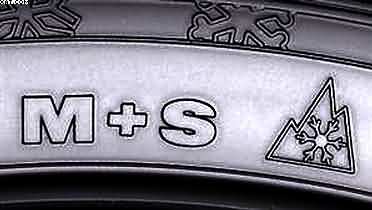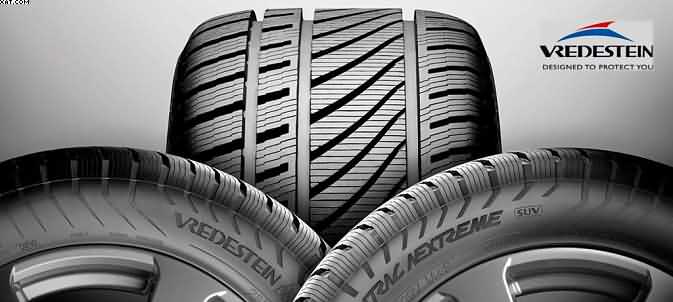Table of Contents
Winter tyres versus 4×4 tyres
Winter tyres versus 4×4 tyres
This has always been a good talking point. However ,to me it is a no brainer. So, if you need tyres and winter is approaching. Then you must consider all-weather tyres or winter tyres.
Winter here in the UK can last as long as 5 months. Of course it has been known to snow in April and even May. So the investment will be well worth it!
Most compelling evidence to me is the great reports we have from customers who have had winter tyres fitted. It is important to realise the safety features that winter tyres have built into them.

Firstly, the tread is a special design
Tread is designed to be more tougher. These tyres look aggressive and actually they need to be! Secondly comes the actual compounds that the tyres are made of. Of course these days “silica” is a great new additive to give tyre more flexibility in cold weather.
Winter tyres do not go hard when the temperature drops below 7 degrees. Sipes are the next great benefit! these are all the tiny slits in almost all winter tyre designs. Significantly, sipes are the thing that clears away the water, slush and snow as you are driving along.
Considering winter driving, two common options for tyres are winter tires and 4×4 tyres – so which is superior?
Winter tyres are ideal for driving in chilly temperatures, snow, and on frozen surfaces due to their special tread pattern which makes them more reliable regarding hold and adherence on slippery roads. The rubber utilized in winter tyres is formulated to stay pliable at low temperatures, enhancing traction further.
Benefits of winter tyres:
1 Enhanced grip on snow and ice
2 Shorter distances needed to stop in cold weather
3 Improves stability and handling when driving on winter roads
Drawbacks of winter tyres: Winter tyres versus 4×4 tyres
Less useful on dry pavement or in higher temps
Typically more expensive than all-season or summer tyres
4×4 Tyres:
Tyres made for four-wheel-drive vehicles that are outfitted on four-wheel-drive vehicles. Four-wheel-drive tyres offer enhanced performance on uneven surfaces and terrains. They are able to offer better grip compared to other tyre types, although they may not be as effective in icy or snowy conditions as winter tyres.
1 Advantages of 4×4 tyres:
2 Improved off-road capability
3 Better traction on rough terrain
4 Can be used year-round
Disadvantages of 4×4 tyres: Winter tyres versus 4×4 tyres
May not provide as much traction and grip in winter conditions as winter tyres. While 4×4 tires enhance off-road performance, they may not give the same level of traction and hold in winter weather like winter tyres do.
Winter tyres have been specially created for operation in extreme, snowy, and icy environments. Although more expensive than all-season or summer tires, winter tyres may be better for winter driving.
In conclusion, if you are located in an area that experiences harsh winter weather, buying a set of winter tyres is the best method to have safe and efficient winter driving.
On the other hand, if you often drive on rough terrains or trails, 4×4 tyres may be preferable.
Winter tyres versus 4×4 tyres
This combined with the tread pattern helps clear away the dreaded winter weather that comes along every year. In my opinion November is the best time to fit your winter tyres. Here in Halifax we are a 1000 feet above sea level and the first snow usually falls in November.
So, if you live in a hilly area, then winter tyres are for you. If I am sure that you won’t be disappointed,?
Pellon Tyres is now a member or tyresafe.org
- Winter Tyres Tweet
- Tyre Inspection Imperative
- UK Tyre Safety
- Michelin Pilot Sport Cup 2 Tyres
- HOW TO DRIVE ON WINTER TYRES
Which works best in the snow, winter tyres or four-wheel drive? We test two otherwise identical Skoda Yetis to find out which is best. Read a full Skoda Yeti review at http://www.autocar.co.uk/car-review/skoda/yeti
- Winter Tyres Tweet - March 26, 2025
- Tyre Inspection Imperative - March 25, 2025
- UK Tyre Safety - March 24, 2025


